51+ Sample Sales Plan Templates
-
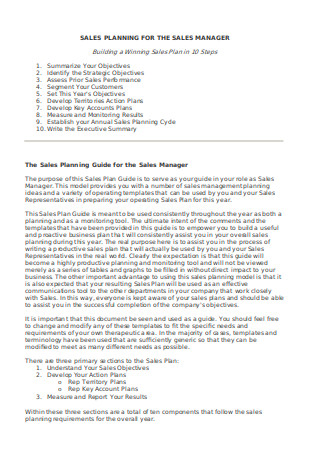
Sales Planning for the Sales Manager
-
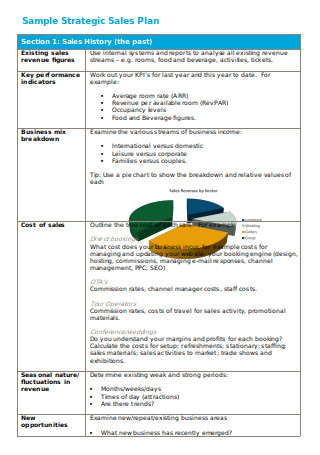
Strategic Sales Plan Sample
-
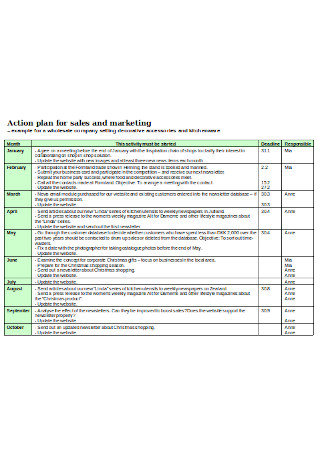
Sample Marketing Plan
-
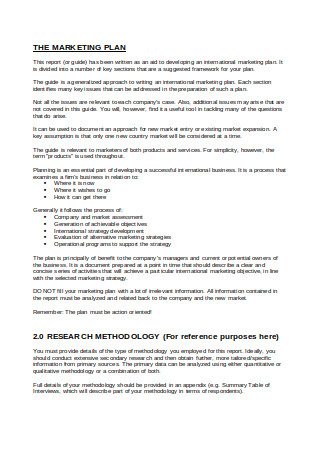
international marketing plan
-
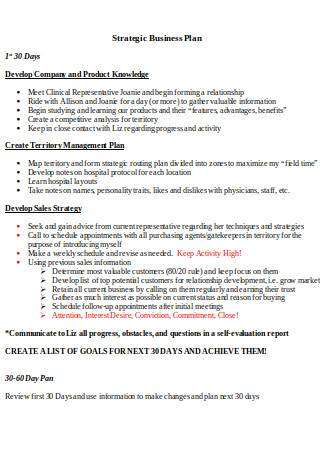
90 Day Sales Plan Sample
-
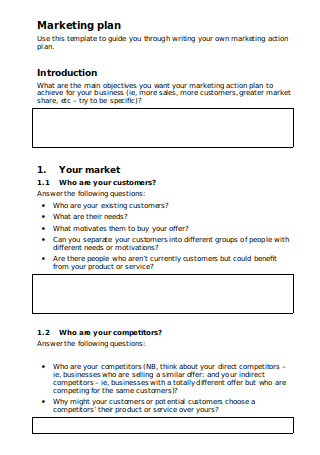
Marketing Action Plan Sample
-
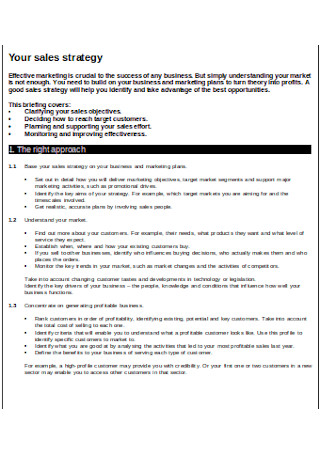
Simple Sales Strategy
-
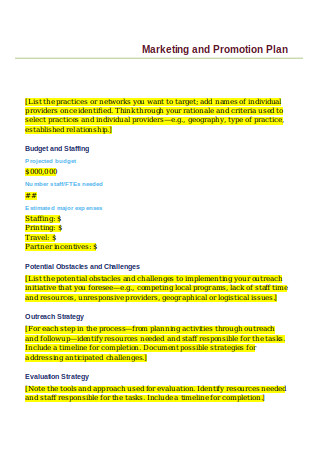
Marketing and Promotion Plan
-
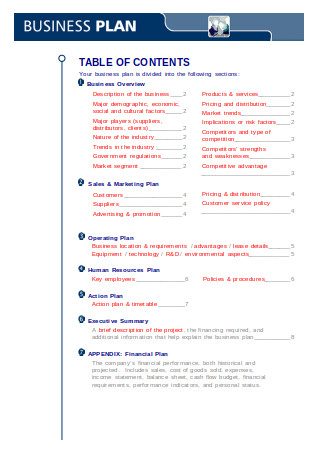
Sales and Marketing Plan Sample
-
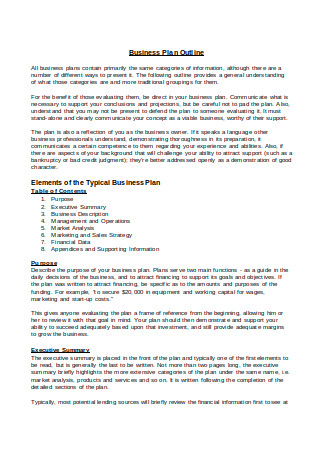
Simple Business Plan Outline
-
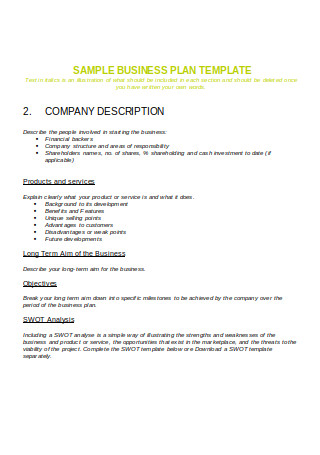
Marketing and Sales Strategy
-
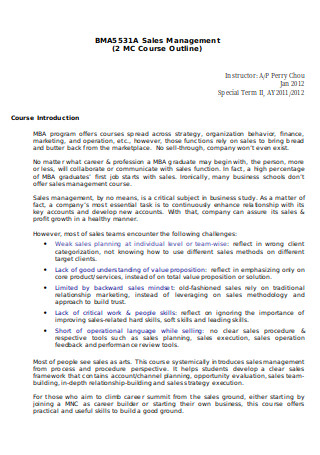
Marketing Management & Strategy
-
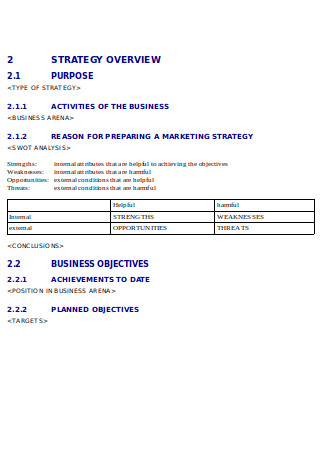
Marketing Strategy Document
-
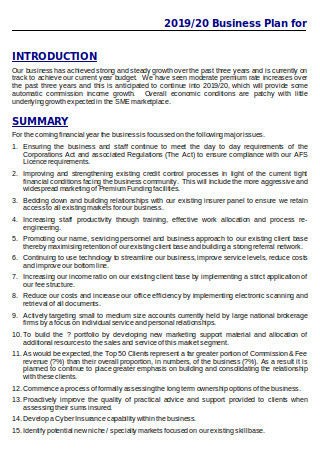
Service and Sales Plan
-
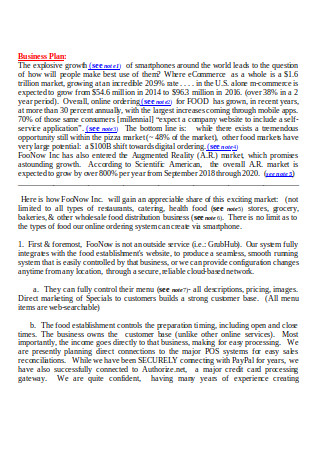
Sales Process to Achieve Sales Plan
-
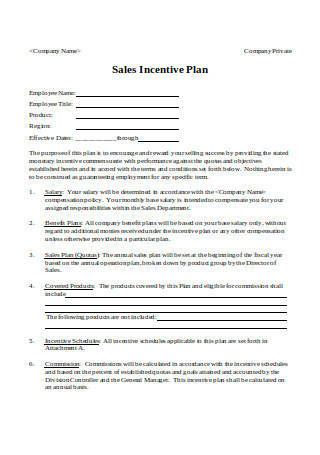
Basic Sales Incentive Plan
-
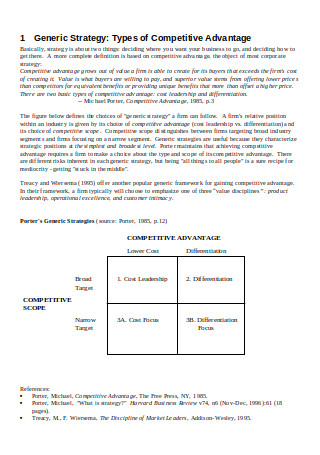
Generic Sales Strategy
-
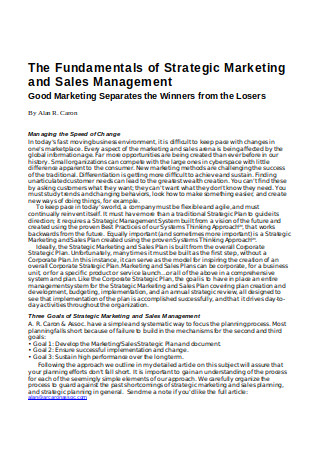
Fundamentals of Strategic Marketing and Sales Plan
-
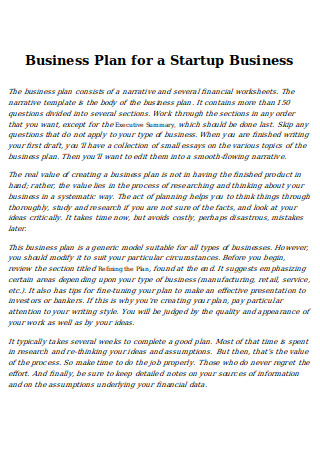
Plan for a Startup Business
-
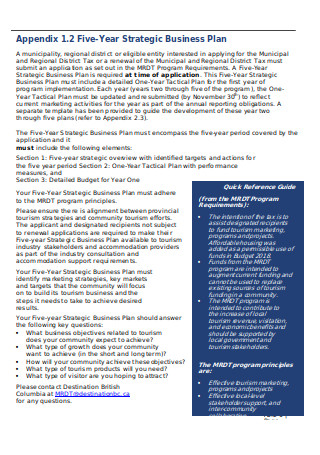
Five Year Strategic Business Plan
-
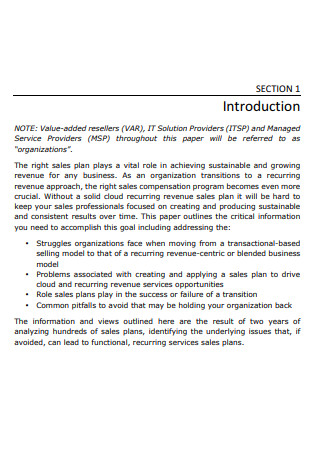
Sample Revenue Sales Plans
-
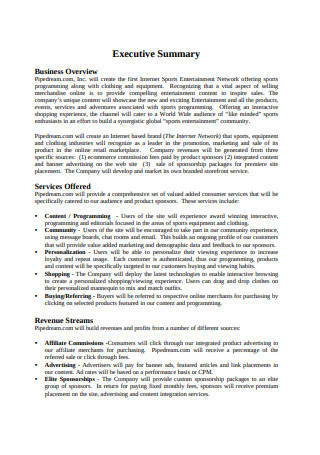
Basic Strategic Business Plan
-
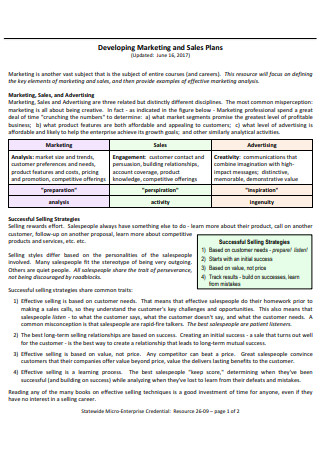
Development of Marketing and Sales Plans
-
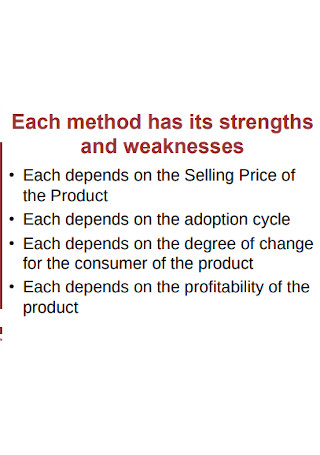
New Enterprises Sales and Distribution Plans
-
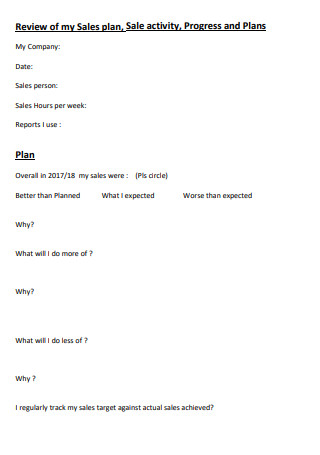
Sale Activity Progress and Plans
-

Sample Sales & Marketing Strategies
-
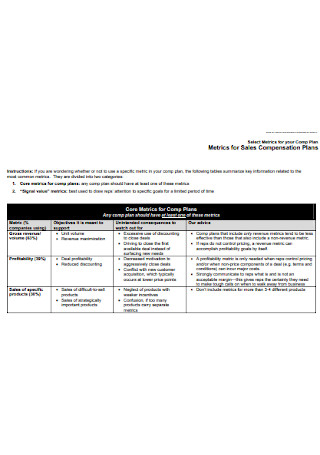
Metrics for Sales Compensation Plans
-

Sales Compensation Strategies
-
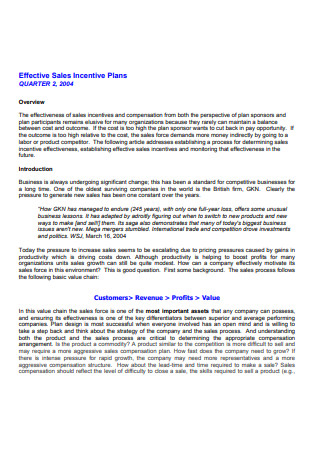
Effective Sales Compensation Plans
-

Sample Sales Commission Plans
-
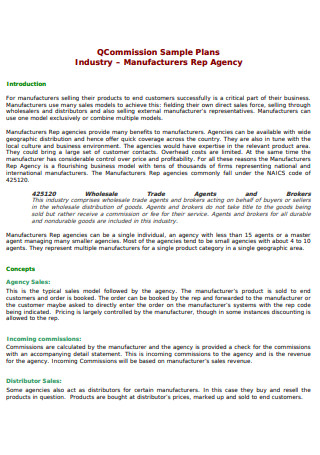
Sample Commission Plans for Industry
-

Production and Sales Plans
-
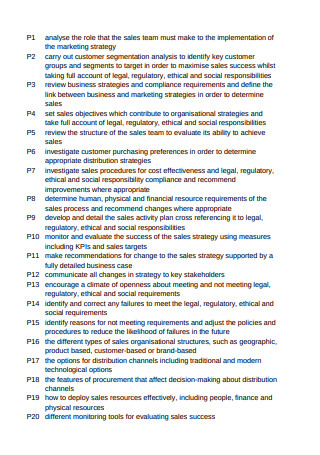
Standard Sales Strategies and Plans
-
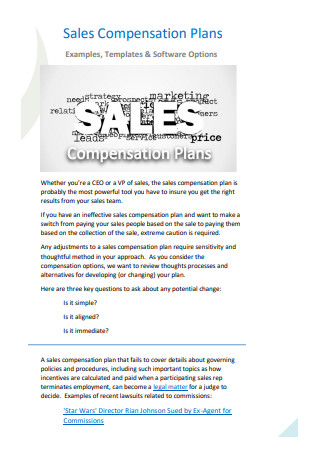
Sample Direct Sales Compensation Plan
-
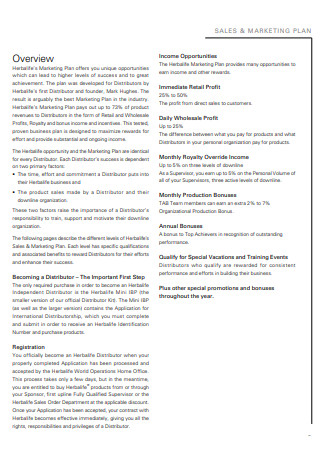
Sales & Marketing Plan and Business Rules
-
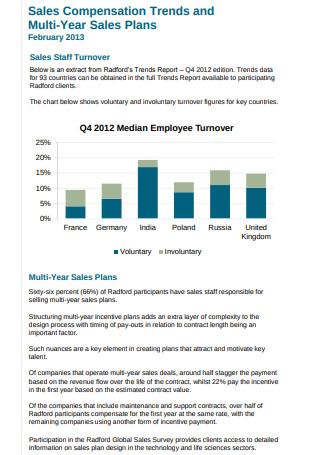
Multi-Year Sales Plans
-
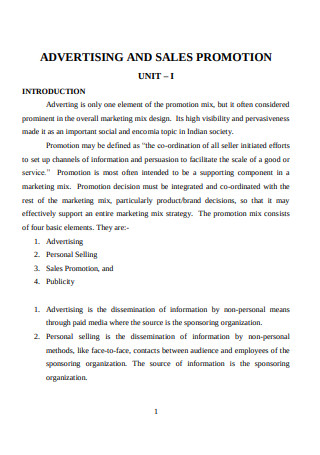
Advertising and Sales Promotion
-
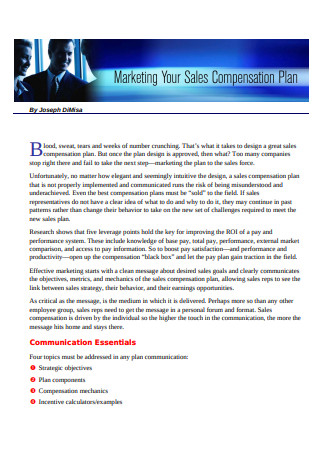
Marketing & Sales Compensation Plan
-
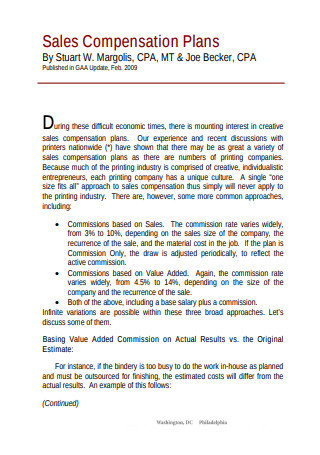
Sales Compensation Plans in PDF
-
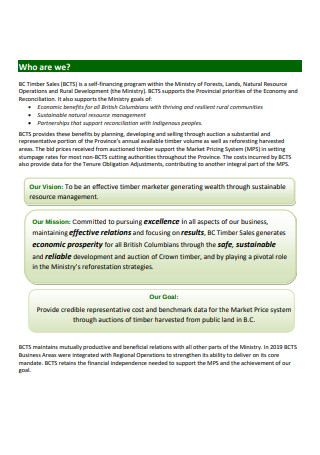
Sales Business Plan Sample
-
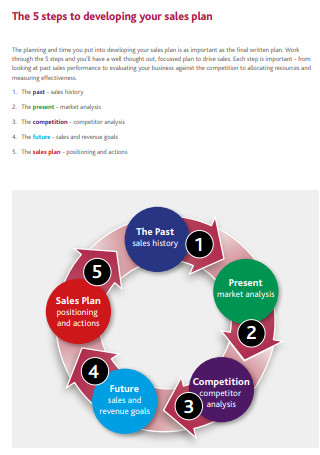
Sales Action Plan Sample
-
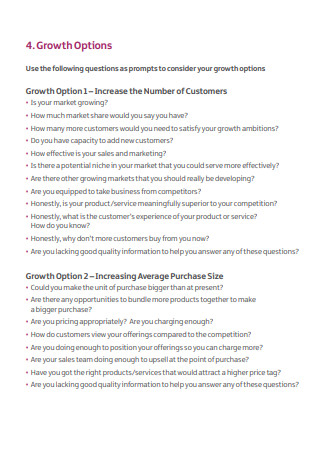
Growth Action Plan
-
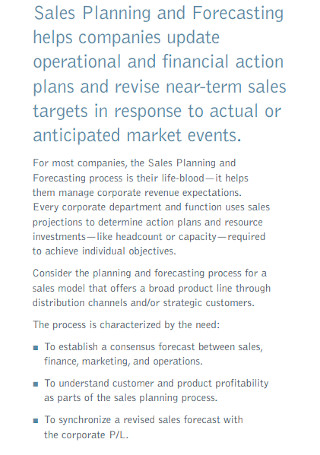
Sales Planning and Forecasting
-
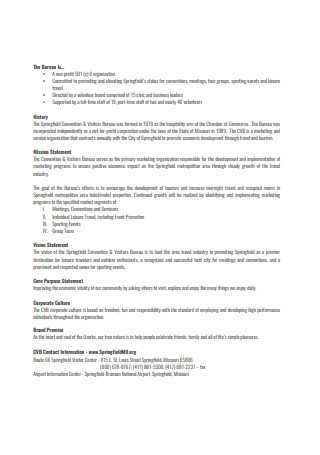
Sample Marketing Action Plan
-
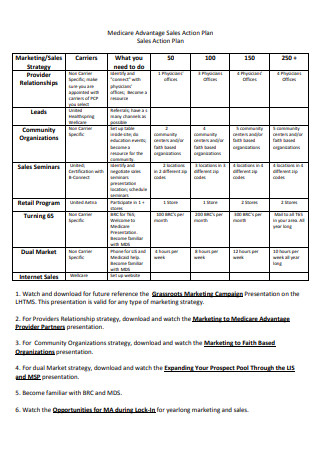
Advantage Sales Action Plan
-

Tourism Sales Plan
-
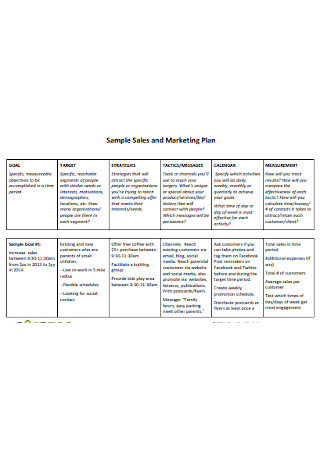
Sample Sales and Marketing Plan
-

Basic Sales and Marketing Strategy
-
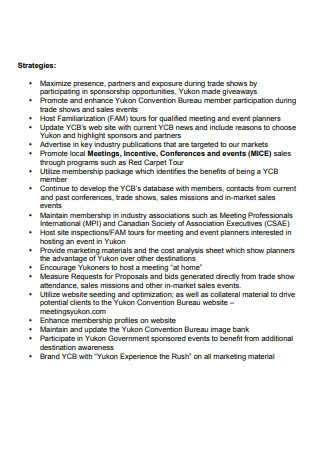
Marketing & Sales Plan Format
-
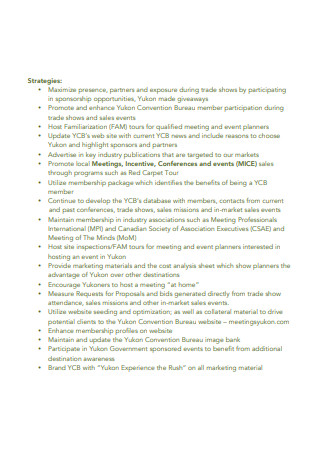
Sales & Marketing Strategy Sample
-
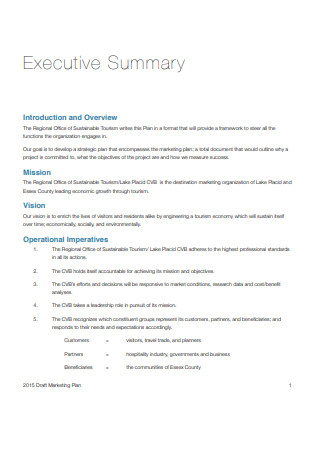
Strategic Sales & Marketing Plan
-
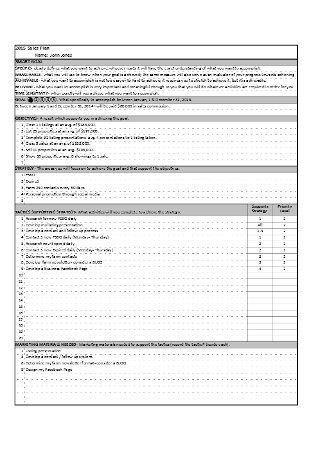
Sample Sales Plan Template
download now
Your sales plan should outline in full all your sales efforts for a defined period of time. It includes specific sales goals and objectives with structured strategies that your company will be using in your sales efforts.
A project sales plan lets you foresee risks associated with a specific action, and guides you to overcome it. That’s why making a sales plan requires ample research on what will work for your company. So, how can you write a sales plan that works for your business?
In this article, we will discuss what is a sales plan, the key elements of a sales plan, how to make a sales plan, as well as provide you with sales plan templates for you to use as a reference. https://www.template.net/editable/8834/sample-sales-plan
What is a Sales Plan
A Sales Plan is a document outlining how you will achieve your set sales goal and goes into specific details, such as target customers, promotion strategies, resources, timeline, team strategies, and systems, among others. A Sales Plan most importantly lays out the number of sales your business needs to generate on a daily, weekly, monthly, or yearly basis. To hit your sales quota, you must have customers who will spend their precious money to buy the product or service you’re selling. Your sales plan will include the strategies of your business to acquire new customers or buyers, as well as retain or maintain existing customers. For you to be able to get customers buying your product or service, you must also outline in your sales plan your online marketing strategies. These can range from online to offline marketing strategies.
Online marketing strategies may include social media marketing through Facebook, Twitter, Instagram, Pinterest; and, pay-per-click advertising or paid search campaigns using Google Adwords. Your offline marketing strategies can include print advertising or local distribution of flyers and brochures that entice people to buy your product or service.
A sales plan also contains information on the budget for every identified strategy, as well as a set timeline or dates for every strategy and goal. The said plan can also help you review, assess and evaluate your sales strategy, and the results it brings in terms of sales for your business.
So, how can it help your business? A sales plan acts like a guide for your overall sales strategy and goals. Without a definite sales plan, you are like a ship without a definite harbor to set your course to. Having a plan will shed light on the things that you must do to achieve your goal. So, having a sales plan is necessary for your business operations and success.
In short, a sales strategy will have the following major details:
sales strategies on how you will achieve your sales target
budget and corresponding timeline for each strategy.
You can check out the above 50+ sample sales plan templates that you can use for your actual plan as a guide or reference.
When you’re making a sales plan, it’s important to keep your customers at the top of your mind, as big businesses do. According to Gartner, “more than 50% of organizations will implement significant business model changes in their efforts to improve customer experience.” Forrester also stated that “72% of businesses say that improving the customer experience is their top priority.”
What to Consider When Making a Sales Plan
There are some things you must take into consideration when you’re making your company’s sales plan.
1. Your Mission Statement
Every business has its own mission, and your business should function on what it stands for, and what it wants to accomplish. Your mission is more than just a guiding principle of your business, as it is your very foundation to withstand downturns and achieve success. Restating your business’ mission will help your team to conceptualize your sales plan around it.
2. Identify Your Goals and Expectations
By the time you have already reviewed your company’s mission, then you can easily identify what are your sales goals. You should identify your sales goals — what do you want to accomplish in terms of sales? It should be clear what you want to accomplish from the very beginning, as this will set the entire course of your sales strategy. These sales targets should determine your business goals for the year, and for the succeeding years to come.
3. Ensure that your sales objectives are S.M.A.R.T
Enumerating your sales goals should be guided with a S.M.A.R.T. framework. SMART means specific, measurable, attainable, relevant, and time-bound.
Here is an example of a SMART sales objective: “Based on the demand in location A and location B, as well as the profit margin gained over a specific number of years, the company’s sales goal is to be able to expand retail stores to ‘location A’ and ‘location B’, and increase sales by 25% by the end of this year.”
4. Set a Success Marker
Marking milestones can help you keep track of all the sales efforts that your team has worked on. Identify your business’ current position and the obstacles you may encounter in delivering your goals.
Make sure that the sales goals you’ve set for your company are reachable and doable in the set period of time.
5. Consider your current capacity, available manpower, and budget
Although you may be tempted to follow what your competitors are doing, and perform all possible sales tactics that you or your team came up, you still need to consider your company’s current capacity, available manpower, and budget.
Does your company have the resources to execute the tasks in your sales plan? Does your business have enough resources, skills, knowledge, and processes to carry out the set sales goals? Do you have the budget to execute the set sales strategies identified in your sales plan?
Next, look at your company’s budget for the specific sales plan template. Does your marketing team have the budget and resources to achieve your sales goals? Make your sales plan doable and reachable by considering your company’s or sales team’s current capacity, manpower, as well as budget.
6. Check your sales team
Do they need extra training to learn new approaches in prospecting and selling? Do your sales staff have the skills required to make a sale? Do they have the tech and soft skills to handle customers? By considering and evaluating your sales team, you can mitigate what actions can be done to improve your sales force. Your sales team is one of your company’s greatest assets, so make sure that they are up for the job. Make sure that they can deliver on the set sales target. By having a well-equipped sales team, your company will be able to execute strategies to improve your sales performance.
7. Make a SWOT Analysis
Doing a SWOT Analysis for your company, including your products and services, will give you a better picture of your company. Knowing your company’s strengths and weaknesses, as well as threats and opportunities, will help you craft a detailed sales plan. To do a SWOT analysis, you and your team will take an in-depth look at your business. What are your company’s strengths, weaknesses, opportunities, and threats?
Knowing what your strengths are as a company will help you capitalize on your current strengths, and amplify it further. While knowing the areas of weakness of your business will help you strategize on how to improve on those weaknesses or lessen the risks brought about by those weaknesses. Your business competitors can also be considered as threats to the success of your company. That’s why pointing out what the threats are will help you minimize the risks brought about by the threat, or solve and get around the said threat.
For the opportunities quadrant of your SWOT, you get to assess the market, especially your target market. You will assess the current market demand for your products or services. You will also find any market opportunities for expansion or re targeting that will possibly increase sales performance, as well as help your overall business growth.
8. Know your Target Market
You must also know your target market. A sales plan is no better without ample knowledge of who you want to market your products or services. Hitting the right spot to please your customers must come from reliable marketing research.
If you don’t know who your target buyers are and what they want, you can ask them directly using a research questionnaire or sales and marketing questionnaire.
9. Actions to evaluate your sales plan
Finally, a sales plan is no good if you do not evaluate your progress regularly. Your sales plan can be your basis to review your company’s sales performance. It would also be beneficial to perform an assessment or evaluation of your sales plan, in order to gauge what sales strategies work best for your business.
Taking into consideration the above-mentioned factors, you’ll be better prepared to make a comprehensive and doable sales plan that will help your company, especially in terms of sales. In the next section, we will be discussing the elements of a sales plan, so that you will know what are the compositions and breakdown of a sales plan.
Elements of a Sales Plan
To start, a sales plan revolves around these key elements: target market, target income, sales strategies, pricing and promotions, deadlines/ deliverables, team structure, resources, and market conditions. You can also check out and download this comprehensive sales plan template that can serve as a guide or reference when you’re formulating your sales plan. In this section, we’ll be focusing our discussion on the basic elements of a sales plan.
1.Sales Targets
Your specific sales targets are one of the most important elements of a sales plan. Here, you will put the sales amount that you would like to achieve in a daily, weekly, monthly, or yearly basis. You can also divide the said sales amount in terms of each product or service you’re offering your market. You can also set a target of the number of customers that will buy your product or service. You can also divide your target into certain segments, such as location, age, background, and so on and so forth. Identify the sales amount you want to achieve per market segment you’ve identified.
Make sure that your sales targets are feasible and doable given the time, money, resources and money that you have at your disposal. Don’t shoot for a target that is beyond your reach; rather set realistic goals that is achievable by you and your team.
2. Sales Strategies
Another important component of your sales plan is sales strategies. This is your action plan section. Here, you will put the specific actions and strategies that you will perform to achieve your set sales targets. In a nutshell, it will outline the following actions:
Online and offline marketing strategies
People that will form your sales team, and what their specific roles and responsibilities are
Schedule of each sales strategy
Budget for each sales strategy
Let’s break down these specific actions. First and foremost, identify and research your target customers, and what platforms they can be marketed to. Develop a profile for your target customers – what are their likes and dislikes, buying attitudes, preferences, background, and location. By doing this, you can effectively target your sales strategy to those customers, who are mostly like to buy your product or service.
Your online marketing strategies include social media marketing campaigns using different channels, such as Facebook, Twitter, Instagram, or Pinterest; as well as, pay-per-click advertising or paid search campaigns using Google Adwords. Another online marketing strategy is running contests and giveaways for your target customers. To improve your online presence, you can build or enhance your blog, increase your email subscribers, and create videos and webinars. There are a lot of online marketing strategies at your disposal. Assess and evaluate what online marketing platform and strategy will work best in marketing your product or service.
Offline marketing strategies can include the distribution of flyers and brochures about your product or services in different locations in your community. You can also use the power of word-of-mouth and referrals to increase the number of customers availing of your product or service. You can also opt to sell your products or services in a desirable physical location or store where your target customer is at.
Feel free to mix or diversify your online and offline marketing strategies, in order to gauge which ones are most effective, and capitalize on that.
3. Schedule or Timeline
Without a schedule or timeline for your sales target and strategies, your sales team may become unmotivated or not know what to do. By having a set timeline, your sales team will know when they will execute the sales strategy. They will also be guided when they will run a specific marketing campaign, and when it will end. For example, you can put in your sales put, “increase product orders by 50% by running a social media marketing campaign from February to July.”
Make sure that the schedule or timeline of each sales strategy is doable by your sales team though. By having a schedule or timeline, you can hold your sales team accountable, and keep them on their toes.
4. Budget
The extent of your sales strategies will largely depend on the budget you have. Allocate a specific budget for each identified sales strategy, so that your sales team will know what amount they will work around with to run the campaign.
Once you have fully identified every section of your sales plan, you can map it out in a table to visually monitor each goal, targets, strategies to take, tools to use for evaluation, teams directly responsible for the tasks, and its intended duration
5. Monitoring and Evaluation
Here, you will put how you will monitor and evaluate your sales performance, strategies, and team members. Have a dedicated team member or team to do the monitoring and evaluation. By having thorough monitoring and evaluation, you will know what are the strong and weak points of your sales strategy, as well as which sales strategy is driving the most profits and which ones are not effective. Based on your evaluation, you can adjust your sales plan, and sales strategy as needed, in order to achieve your set sales targets.
Do’s and Don’t of a Sales Plan
Do define your objectives
Do build your customer Profile
Do envision your Ideal Team
Do identify your Sales Funnel
Do plan and define Your Strategies
Do include your Planned Upgrades
Do list existing Strategies
Do lineup your Team on every task
Do evaluate and assess the performance of your sales plan
Do monitor your sales performance on a regular basis
Don’t make a sales plan that is not achievable and doable,
Don’t put everything to chance. Make it work.
Do make specific actions and strategies to achieve what is set in your sales plan.
Next Steps
After you come up with a sales plan for your business, the work is not done yet. A plan is useless if you don’t take actions in line with your defined sales plan. Work out your sales plan as effectively and as efficiently as possible. Treat your sales plan as a working document that you will evaluate and assess whether it is feasible and applicable to the current situation of your business. If a component of your sales strategy is not working, scrap it. Focus on the sales strategies that work for your business, and that helps increase your number of customers and, of course, sales.
